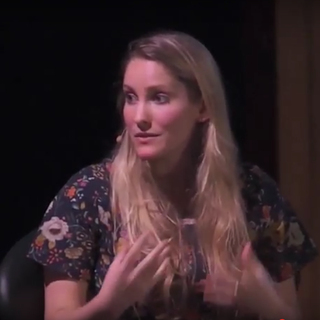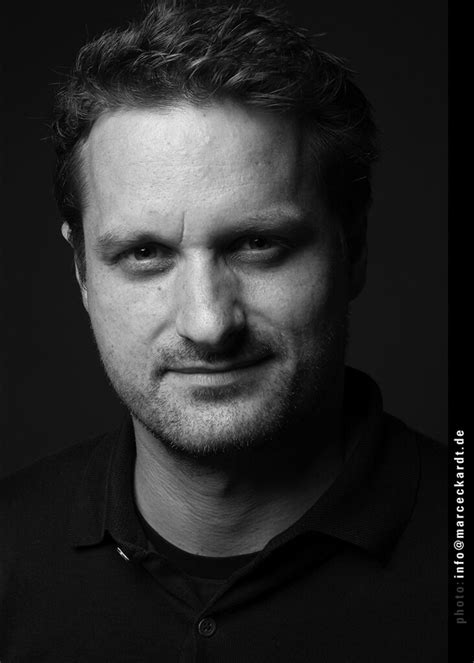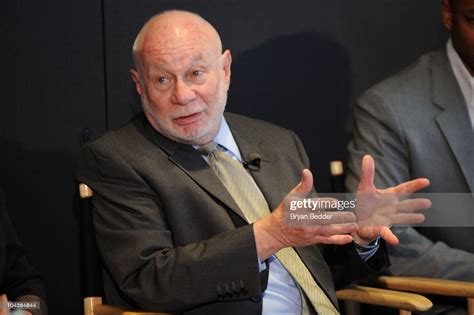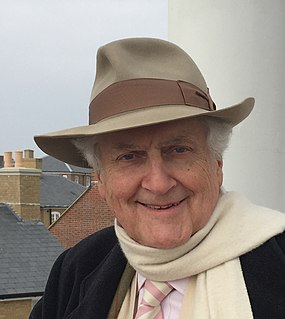A Quote by Aberjhani
At one end of the continuum known as history are first-time events that have generated notable measures of public recognition due to either a positive or negative impact.
Related Quotes
The fact that traditionally 'female' jobs are paid less, that women end up working part-time because they're societally pressured into caring roles, and that having children has a negative impact on women's wages but a positive impact on men's, are all problems that should deeply concern us, not 'explanations' that can be happily accepted.
To be independent of public opinion is the first formal condition of achieving anything great or rational whether in life or in science. Great achievement is assured, however, of subsequent recognition and grateful acceptance by public opinion, which in due course will make it one of its own prejudices
Every single thought I have and every sentence I speak is an affirmation. It is either positive or negative. Positive affirmations create positive experiences, and negative affirmations create negative experiences. My new affirmation habit is to only speak of the good I want in my life. Then, only good will come to me. I use my affirmations wisely.
I have always lived in a world in which I'm just a spot in history. My life is not the important point. I'm just part of the continuum, and that continuum, to me, is a marvelous thing. The history of life, and the history of the planet, should go on and on and on and on. I cannot conceive of anything in the universe that has more meaning than that.
There is a tendency for humans to consciously see what they wish to see. They literally have difficulty seeing things with negative connotations while seeing with increasing ease items that are positive. For example, words that evoke anxiety, either because of an individuals personal history or because of experimental manipulation, require greater illumination before first being perceived.
All buildings, large or small, public or private, have a public face, a facade; they therefore, without exception, have a positive or negative effect on the quality of the public realm, enriching or impoverishing it in a lasting and radical manner. The architecture of the city and public space is a matter of common concern to the same degree as laws and language—they are the foundation of civility and civilisation.
I've been writing American history for a long time, and I've had a hard time finding strong, interesting female characters. There are women, of course, in American history, but they're hard to write about because they don't leave much of a historical trace, and they're not usually involved in high-profile public events.







































